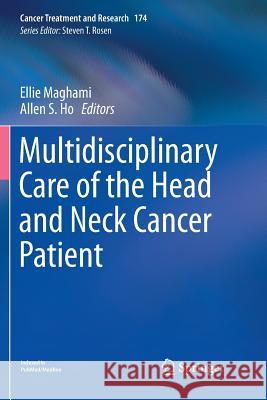Multidisciplinary Care of the Head and Neck Cancer Patient » książka
topmenu
Multidisciplinary Care of the Head and Neck Cancer Patient
ISBN-13: 9783319880259 / Angielski / Miękka / 2019 / 282 str.
Kategorie BISAC:
Wydawca:
Springer
Seria wydawnicza:
Język:
Angielski
ISBN-13:
9783319880259
Rok wydania:
2019
Wydanie:
Softcover Repri
Ilość stron:
282
Waga:
0.41 kg
Wymiary:
23.39 x 15.6 x 1.57
Oprawa:
Miękka
Wolumenów:
01
Dodatkowe informacje:
Wydanie ilustrowane











